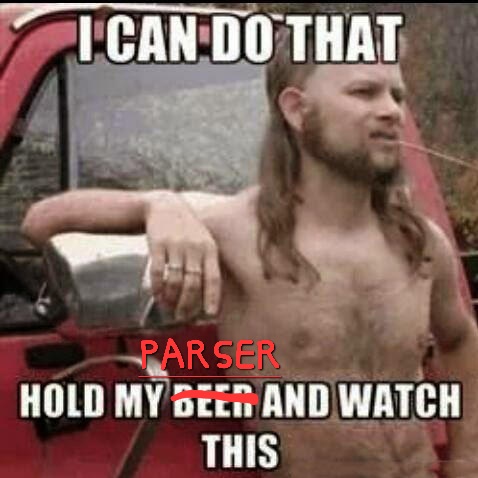Regardless of format, it really depends on how much the game is going to depend on recall and callbacks. I might not remember if I frotzed the frugle three chapters earlier. I might not be able to effectively travel back and check, as forward progress may have made backtracking to that point impossible. Being able to scroll up and remind yourself of something can be useful, if not very mimetic.
The other thing scrollback, and specifically transcripts, helps with is saved games. In a larger game, I may save my game, get distracted, and come back months or years later. Having a play transcript saved along with my saved game allows me to refresh where I was. Otherwise, I either muddle ahead, functionally struck with in-game amnesia, or I start over, rendering the save pointless.
With those two points made, also screw both of them. I could counter that scrollback defeats the need to take notes or use my noggin, which is arguably the point of some games. Also, those same notes taken with saved games can render transcripts unnecessary.
Scrollback works as an Ease-of-life UI feature, but I wouldn’t see it as required in any means. Including it might make the game easier, but maybe that runs counter to your intentions.
It would be interesting to see certain types of IF have different difficulties that take those sorts of amenities into consideration. Finishing the game on a harder difficulty might disable scrollback, granting the player some sort of acknowledgement or achievement if they managed it, etc, etc.
With that last point made, also screw that one too. I’m sure there’s crossover with accessibility needs and intentionally disabling scrollback on an engine that typically supports it might negatively impact the experience of some players beyond an incremental difficulty increase.
In conclusion, screw all the points I’ve made thus far for various reasons.
Please carry on.
